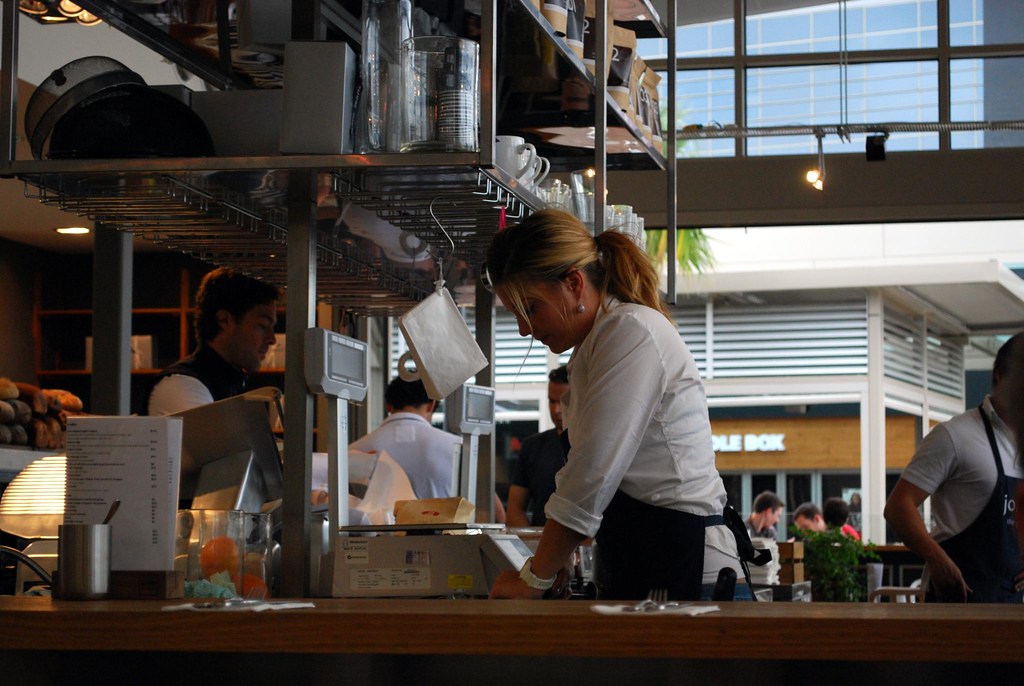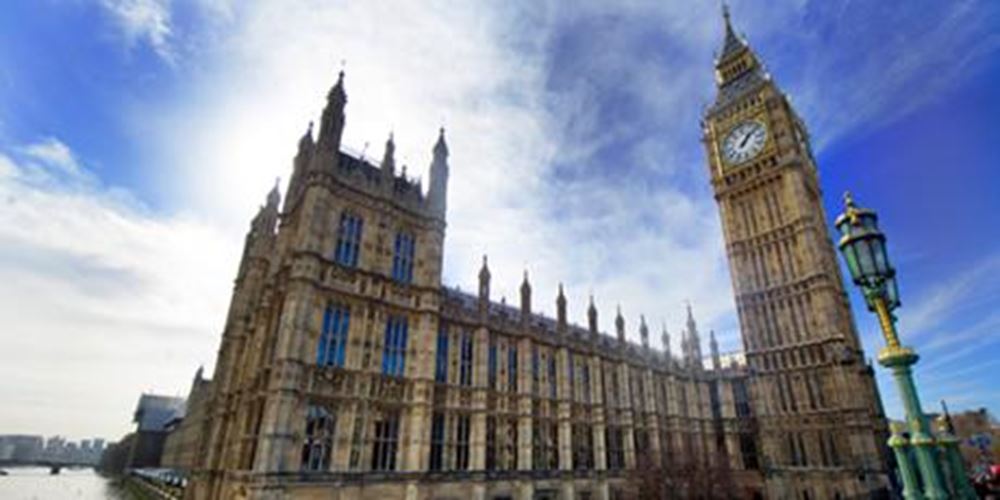

2021
They're Taking The Tips
Did you know that the government, as well as some restaurants, take a cut, or sometimes even all, of your tips and service charges if you pay digitally?
Have you ever wondered how much of your tip actually find its way to the person serving you? With the rise of the so-called cashless society, how does tipping compare for the person receiving the tip if they receive it in cash or via a digital payment with the bill? If it is collected with the bill via card, slices of the tip are taken at several stages before the worker receives the tip. Firstly the payment provider of the card machine will take their cut (this might not always be subtracted, it will depend on the employer), then the restaurant sometimes takes an administration fee on top, shockingly sometimes they even keep it all, but if they do give some to the employee then finally the government steps in and treats it as part of their salary and therefore taxes it. One way to circumvent this, well, there is no other way to say it but, daylight robbery, is to give your tips in cash. If you give cash directly to the person who is serving you, then they are more able to keep all of it as you intended.
There are 2.4 billion cases of people eating out in Britain each year, with 88% of people leaving tips when eating out, we can say that tipping, for better or worse, is part of the fabric of our culture. And a pretty big part of it. If we suggest that just £1 was given in tips on 80% of those occasions, that equates to a whopping £1.9 billion in tips per year, and that is surely the lower end of the estimate, considering that more people tip than that and many of those tips will infact be larger than £1. If this seems a little hard to believe, note that the tip-economy in the US is noted to be worth over $40 billion, more than the combined GDP’s of Cyprus, Jamaica and Montenegro. We could say there is a minimum £2 billion and $40 billion wealth divide in the UK and US respectively, between those who can afford to live off of their standard wages and those who cannot. This is just not acceptable.
But at the very least, ensure that they get to keep their ‘gift for good service’ by giving it to them in cash.
Only in 2009 were minimum wages separated from tips in the UK, however tips aren’t now separated from wages entirely, they are just unaffected by the minimum wage rate. Prior to 2009, we can see that it draws similarities to the recent 0 hour contracts phenomenon. In both of these scenarios, the risk of the service is taken from the business owner and put onto the employee. It is the worker who suffers if customers don’t show up and business is slow, or if the service falls below a standard, even if wholly out of the workers control and the responsibility of the business owner.

Pizza Depress
Back in 2015 Pizza Express were publicly shamed into removing their 8% administration charge on tips collected via card with the bill. Infact there is no legal obligation for restaurants to give any of the tips to workers until recently. There is an act, called the Employment (Allocation of Tips) Bill, which was started under Theresa May in 2018 and was included in Queens Speech in 2019 along with bill, which aims to solve this problem by forcing employees to pay all of the tips to the relevant employees. However as usual, the devil is in the detail, as these tips are treated as wages and so still subject to tax and national insurance. So now the government gets further revenue from our generosity, unintended for their grubby palms.
Am I missing something or is this a farce? We’ve gone from a public outcry at 8% to the systematic taxing of a gift by the government. While even before the act employees were still required to declare their tips as earnings, we’re sure much of it just went straight back into the local economy and was taken as the gift intended. What if their digital tips push their tax rate up that month or take away their benefits or other top ups they’d usually get for being an already generally lower-paid worker? Suddenly they are worse off. I do find this strange, in the UK we don’t pay tax on gifts under £3,000, except for tips.
Enter the Service Dragon
So service charges are being added to our bills, in theory these are meant to, but not legally required to, help supplement the employees wages. However when this service charge is added by the restaurant automatically, it becomes VAT-deductible, so now, the service charge meant to standardise tips – which were originally a reward for good service – is now nothing but a direct price increase. The service charge is just treated as part of the bill, so first it has 20% taken from it for VAT, then it’s further taxed along with the employee’s wages. So even in a best-case scenario, just 2/3’s of that service charge actually makes its way to the employee and that is if the restaurant hands over every penny of the service charge as a wage bonus. You are not obligated to pay the service charge and you can ask for it to be removed if you would prefer to tip in cash separately, so you can give it directly to the staff.

As the tipping economy is worth billions, it comes as no surprise that with this new bill enforcing tips to be passed on, business owners are trying new ways to take their cut and now the government come riding in acting like they are the knights in shining armour, when really they are just as bad as the business owners in the first place – they’ll tax tips and vat-deduct dubious service charges, but I bet they don’t pay tax on all of the “gifts” their “donors” hand them. It’s a struggle for them to even get their own expenses right.
Fortunately many people agree that the tips should go straight to the people they are intended for, as shown in a report restaurant insights report in 2020 by Payment Sense, where it states that 48% of people surveyed tip in cash. This is promising. With roughly 1 in 5 paying by card and 1 in 10 prefer adding it to the bill, cash remains the dominant force in tips. But as we know, we have had the pandemic since then, and there is a surge service charges, so it is possible the figures have changed in recent years.
While the Allocation of Tips Bill does force employers to do the right thing by passing on tips, but service charges don’t fall under this category. And either way the government is going to make sure they get their cut before it makes its way to the intended worker…
So, when you next go to give your next reward for good service, don’t tip the government by paying digitally via your phone or card, instead tip the worker by paying it with cash.
https://www.foodwoolf.com/2010/08/history-of-tipping.html
https://en.wikipedia.org/wiki/Gratuity
https://www.sciencedirect.com/science/article/abs/pii/S1053535704001027
https://wordfoolery.wordpress.com/2021/05/17/a-tip-from-the-tea-shop-the-history-of-tipping/
https://www.paymentsense.com/uk/blog/the-future-of-tipping/
https://www.marketplace.org/2016/04/22/ugly-history-tipping-america/
https://time.com/5404475/history-tipping-american-restaurants-civil-war/
https://theconversation.com/with-the-holidays-upon-us-is-it-time-to-end-tipping-88141
https://www.tandfonline.com/doi/full/10.1080/00036840601131813
https://www.sciencedirect.com/science/article/abs/pii/S0278431909000425
https://www.paymentsense.com/media/2069/restaurant-insights-2020-paymentsense.pdf
https://freakonomics.com/2013/06/03/should-tipping-be-banned-full-transcript/
https://www.worldometers.info/gdp/gdp-by-country/

